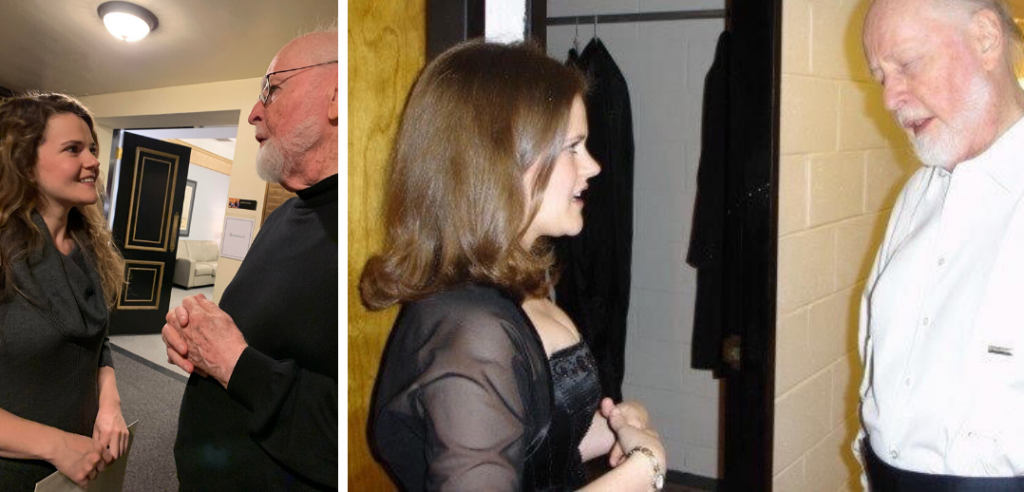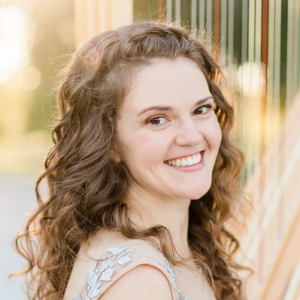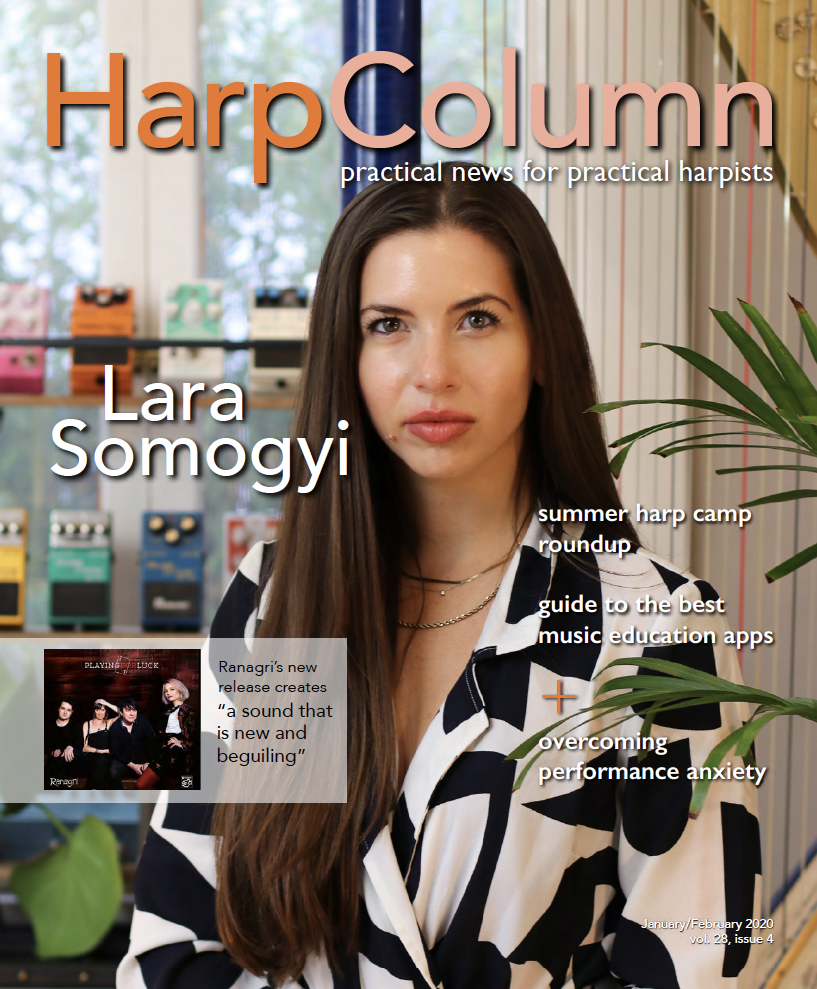
I can’t be absolutely certain what went through my head the first time I saw E.T. the Extra-Terrestrial. It came out three years before I was born, and I can’t remember a time when I didn’t know that a trail of Reese’s Pieces could pave the way to an intergalactic friendship. I remember that it scared me a little; I couldn’t have been more than 6 or 7 years old that first time, and the sight of government agents invading the main character’s home in sinister-looking spacesuits was more than a little unsettling (and, truth be told, still is). I remember that I was sad when E.T. had to go home. (Do I still have to say “spoiler alert” if it came out 37 years ago?) I remember that by the time I reached the same age as Elliott (the movie’s main character), I had developed a little bit of a crush on him.
…those themes represent so much more than just a thrilling bicycle chase or a pot of dead flowers magically springing back to life.
What didn’t cross my mind until years later was how beautiful the harp solos were that John Williams had sprinkled throughout his iconic score. And I certainly never imagined a world in which I would one day perform those very solos for the legendary composer himself.
That reality began to materialize at the start of the St. Louis Symphony’s current season, when the orchestra was informed that an event initially listed in our schedule books as a mysterious “TBD” was to be a very special event indeed: a one-night-only performance of the music of John Williams, with the first half of the program conducted by our wonderful new music director, Stéphane Denève, and the second half conducted by Mr. Williams. When it was announced to the public, the concert sold out in minutes. The orchestra shared our audience’s enthusiasm for this unique opportunity. At 87 years old, Mr. Williams does not travel to conduct as often as he once did, and, for many of us, this was a first chance to work with this compositional master.
In a textbook case of being in the right place at the right time, I had the good fortune to perform one of Mr. Williams’ works for him once before while I was a student at Juilliard—the Theme from Schindler’s List with Itzhak Perlman as soloist at Juilliard’s 2006 Centennial Gala. I had even been invited to meet him backstage afterward, which is where I first learned that, in addition to being the greatest film composer of all time, Mr. Williams is also one of the nicest, most humble megastars in the music world. Luckily, our orchestra manager snapped a quick photo and sent me a print so that I could prove to myself later that this had not been merely the daydream of a starstruck undergrad.
It was one of those rare, perfect moments on stage when the music we have the privilege of performing is so much greater than the sum of our harps, our hands, and the notes.
As we got closer to the November concert date with the St. Louis Symphony, I was given a heads-up by our artistic administration team that our program was to include a suite from E.T., the middle movement of which was an arrangement of all those transportive harp solos from the film, titled “Stargazers.” Harpists who have played the complete E.T. score in concert know that there are several points at which almost everything else stops and the harp comes to the fore with a dreamlike sequence of slow triplets, rolled chords, and shimmering trills. In “Stargazers,” Mr. Williams expands upon this material to create a single movement, which he dedicated to the legendary longtime Boston Symphony and Pops principal harpist Ann Hobson Pilot and premiered with the Boston Symphony in 2009, with Ms. Pilot as soloist.
Our first rehearsal was with Maestro Denève alone and Mr. Williams arrived the following day to conduct our dress rehearsal. During the first half of the dress, Mr. Williams sat out in the hall and listened as we performed his music from The Cowboys, Jane Eyre, and E.T. Afterward, I stood in a long line and waited to speak with Mr. Williams, who was kind enough to spend the entire rehearsal break taking pictures and signing various items for the musicians. I told him I had always felt that E.T. was his single greatest film score, and that, for me and for so many others, those themes represent so much more than just a thrilling bicycle chase or a pot of dead flowers magically springing back to life. I showed him the photo taken at our first meeting 13 years earlier as a colleague captured our second meeting with another series of photos I know I’ll cherish even more, along with the kind words he said about my performance and the copy of the score I asked him to sign.
Needless to say, I was a bit nervous to play the composer’s own music as he sat in the audience, but the nature of this particular piece is so gentle and meditative that, especially in performance, as I heard the opening notes from the strings, I found myself slipping into memories of my own early childhood in the 1980s and ’90s: playing make-believe in the yard for hours, my startlingly large stuffed animal collection (complete with a couple of Care Bears), riding bikes with my friends around the neighborhood, trick-or-treating with my big sister, so many evenings spent watching movies as a family. It was one of those rare, perfect moments on stage when the music we have the privilege of performing is so much greater than the sum of our harps, our hands, and the notes. I was overwhelmed with gratitude for a life and a career that, every so often, offers a chance to take a trip to outer space. •
Allegra Lilly is the principal harpist with the St. Louis Symphony Orchestra and teaches at the Brevard Music Center each summer.







